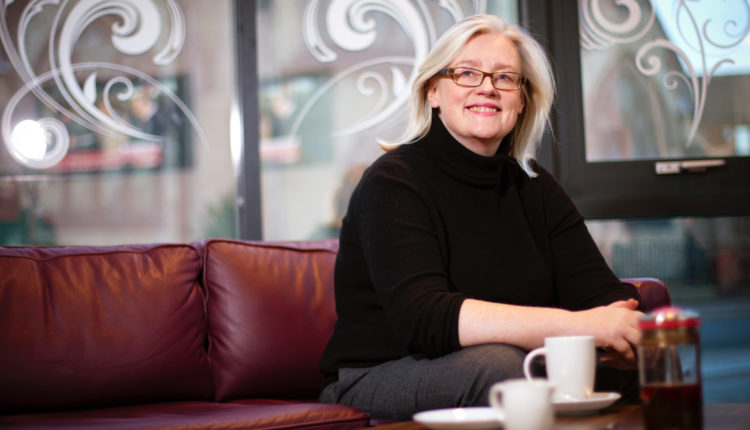Liverpool needs to ‘protect and nurture’ its creative communities, says Maggie O’Carroll
Chief executive of The Women’s Organisation has spoken of her dismay at the planned closure of the Constellations entertainment venue in the Baltic Triangle. Tony McDonough reports

Business leader Maggie O’Carroll has joined the growing chorus of voices opposing the planned closure of the Constellations entertainment venue in Liverpool’s Baltic Triangle.
The chief executive of The Women’s Organisation has urged the city council and investors to “recognise the bigger picture” and protect the city’s cultural assets.
She was echoing the views put forward in a letter by Baltic Triangle Area CIC chairperson Liam Kelly who said it was time to protect Liverpool’s cultural heart and stop feeding the “development beast”.
The directors of Constellations, Rebecca Wild and Nicholas Baskerville, say it will close next year with developer Legacie submitting plans to Liverpool City Council for a 505-flat scheme on the site in Greenland Street.
Ms Wild and Baskerville said they planned to open a similar venue to Constellations elsewhere in the Baltic Triangle. Ms Wild added: “We wanted to prove our idea could work. We’ve done that and made it a great success. Now we want to know where else we should go.”
However Mr Kelly claimed that in Liverpool “our culture is still for sale” and his stance was backed by Ms O’Carroll whose St James Street organisation is located in the thriving Baltic district.
She said: “We are incredibly disappointed to learn of the Constellations closure. The Baltic Triangle is the city’s creative hub and home to hundreds of businesses, including The Women’s Organisation.
“Yet again Liverpool sacrifices a piece of its marvellous culture for the short-term gains of property developers. For the Liverpool city region’s economy to prosper we need our local council and investors to recognise the bigger picture and to protect and nurture the creative communities that shape Liverpool’s cultural landscape.”
Less than a decade ago the Baltic area was derelict and lifeless but is now home to hundreds of creative and digital businesses and attracts more than 3m people a year.

